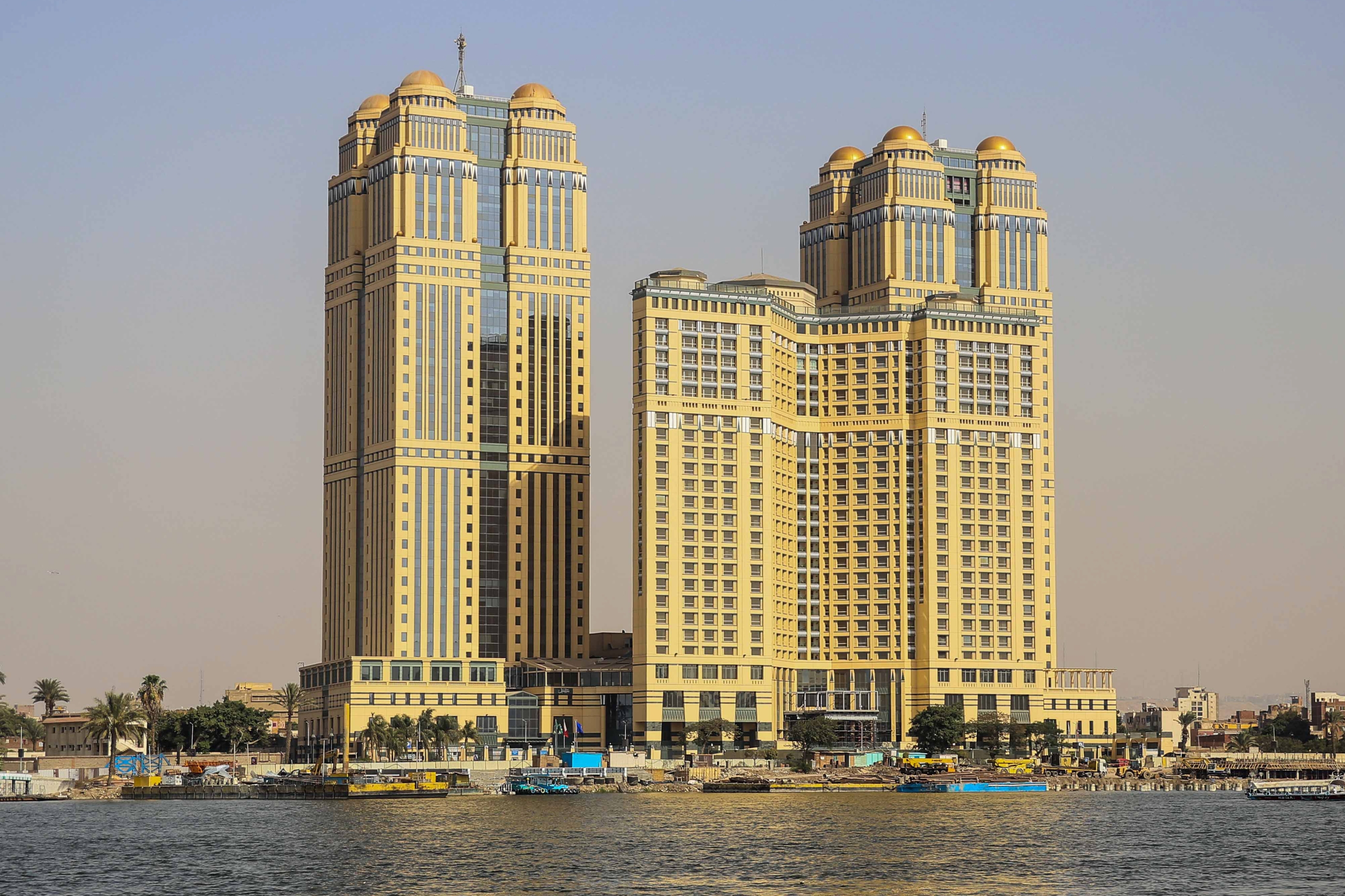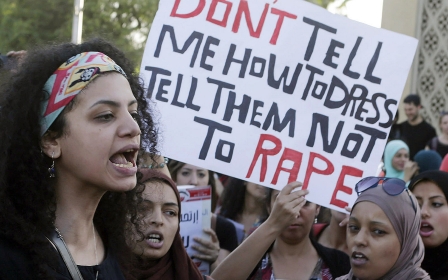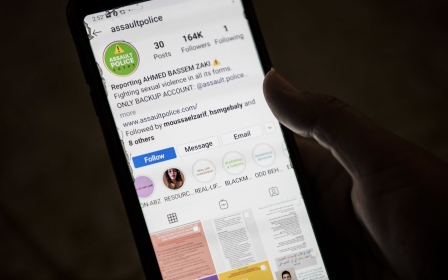Egypt: Seven suspects in hotel rape case 'fled country'

Seven suspects who were allegedly involved in the group rape of a young woman at a luxury Cairo hotel in 2014 fled the country when accusations against them started to circulate online.
Egypt’s public prosecutor’s office said on Wednesday that the men left Egypt between 27 and 29 July.
New MEE newsletter: Jerusalem Dispatch
Sign up to get the latest insights and analysis on Israel-Palestine, alongside Turkey Unpacked and other MEE newsletters
The statement did not say where the men had travelled to, but said authorities were taking measures to pursue those involved, adding them to airport watchlists.
A group of at least nine men are accused of raping an 18-year-old woman at the Fairmont Nile City hotel in 2014.
Prosecutors are seeking the arrest of at least two suspects who are believed to be at large in Egypt.
Accusations emerged on social media in July, claiming that the men drugged and raped the woman, then used video of the incident to blackmail her into silence.
The hashtag #FairmontIncident was widely used on social media to share details about the alleged incident, pressuring authorities to take action against those accused.
The hashtag, in both Arabic and English, was trending in Egypt for a number of days in July, and the issue was widely discussed on Instagram accounts encouraging anyone with details to come forward.
'Assault Police' account
An investigation into the case followed the social media outcry, leading to arrest warrants being issued for at least nine suspects.
In a statement published on Monday, Egypt's public prosecution office said the accused individuals would also be placed on travel ban lists and monitored until the investigation was completed, and both the survivor and witnesses were to be questioned further.
The arrest warrants were largely seen as a win for Egypt's Me Too movement, which has gained momentum on social media in recent months.
A popular Instagram account named "Assault Police" was key in sharing details about the alleged assault. However, it was forced to close down abruptly after its administrators reportedly received death threats for asking people to come forward.
The account, which has more than 180,000 followers, has since returned and is asking again followers to protect the survivor by not sharing her name, following online threats.
The Assault Police account also played a critical role in revealing information about a 22-year-old Egyptian man named by prosecutors as Ahmad Basam Zaki, who had been accused by around 100 women of a range of sexual crimes, including rape, blackmail and online sexual harassment.
Zaki is currently being held in pre-trial detention pending investigations into sexual assault charges. At the time of his arrest, neither Zaki, his family nor lawyers representing him made any statement about the prosecution's charges, though prosecutors say he admitted blackmailing six women with private photos.
Following Zaki's case, Egypt's Ministry of Justice submitted a bill to parliament proposing amendments that would include further protections for survivors of sexual harassment.
Middle East Eye delivers independent and unrivalled coverage and analysis of the Middle East, North Africa and beyond. To learn more about republishing this content and the associated fees, please fill out this form. More about MEE can be found here.





